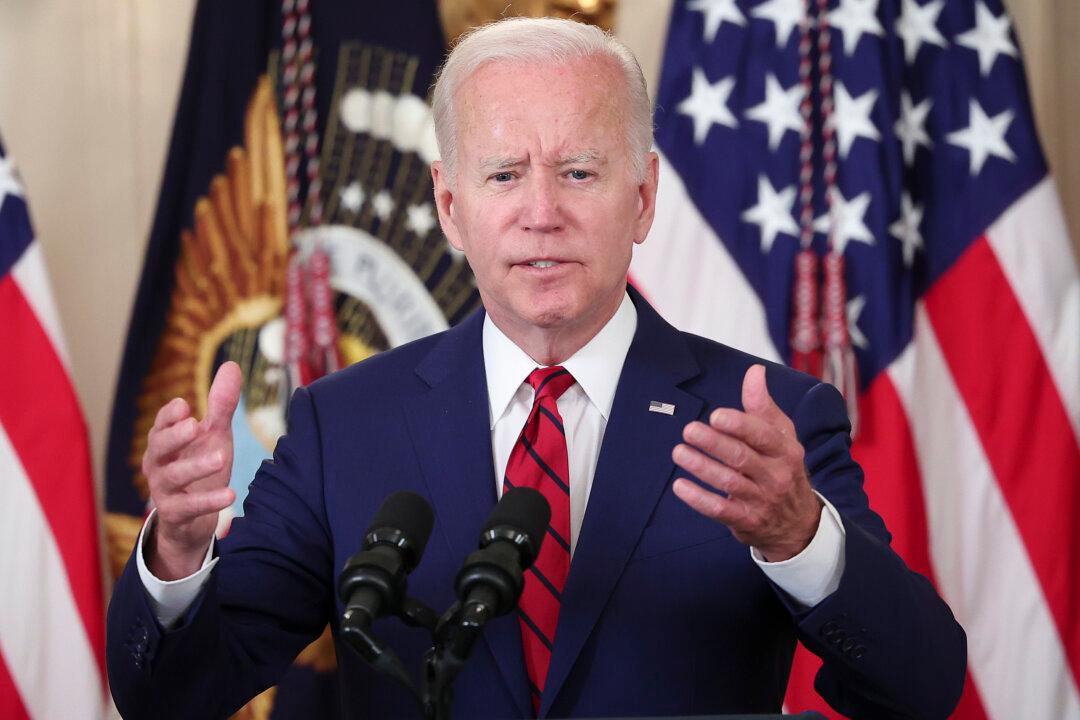Commentary
In Cleveland on July 6, President Joe Biden repeated something he has often said before—or, rather, he attempted to repeat it before. As seems to happen with increasing frequency, his train of thought was shunted off onto a siding.

In Cleveland on July 6, President Joe Biden repeated something he has often said before—or, rather, he attempted to repeat it before. As seems to happen with increasing frequency, his train of thought was shunted off onto a siding.